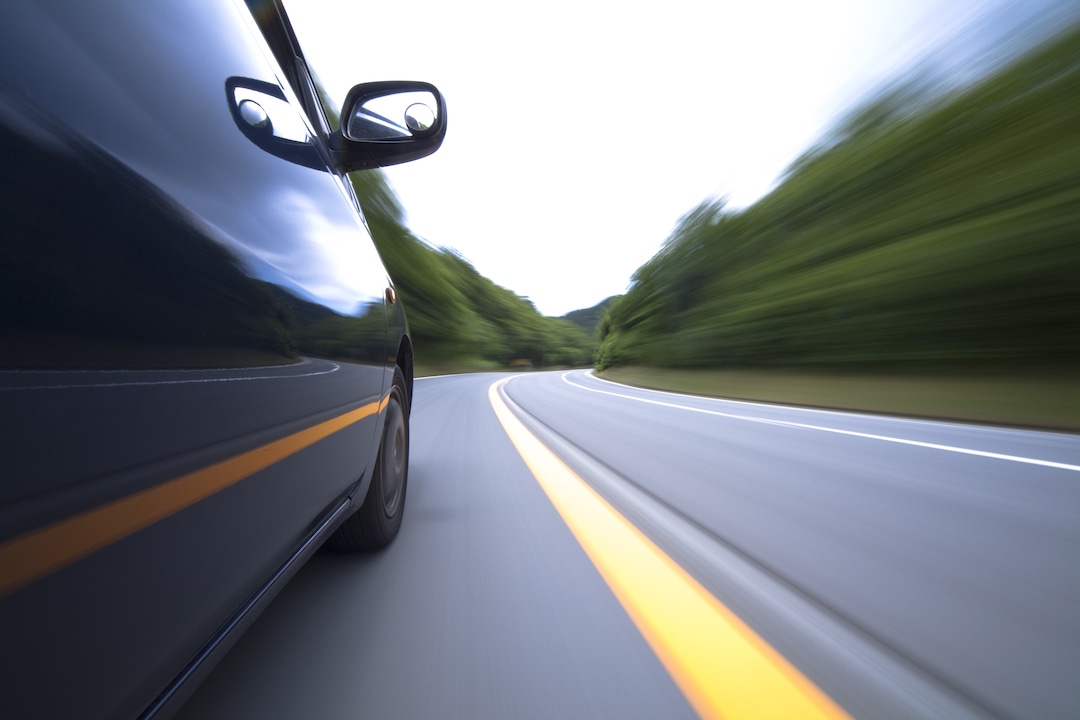A diagnosis of dementia doesn’t necessarily mean a person must stop driving, but they must inform the DVLA straight away. Christina Neal has more information
Being diagnosed with a form of dementia doesn’t necessarily mean your loved one must stop driving straight away, although they will need to stop eventually. According to Alzheimer’s Society, most people with dementia tend to stop driving within three years of being diagnosed.
The person has a legal obligation to notify the DVLA (in England, Scotland and Wales) or the DVLNI (in Northern Ireland) of your diagnosis immediately. If you don’t tell the DVLA of any medical conditions that may affect your driving you could be fined up to £1000 and you could be prosecuted if you are involved in an accident. Failure to let them know about your dementia means you are breaking the law.
To inform the DVLA, you can download and complete a form CG1, a four-page questionnaire from the DVLA’s website. For more information, click here.
https://www.gov.uk/government/publications/cg1-online-confidential-medical-information
However, if your loved one has been diagnosed with Lewy body dementia, they will need to fill in a B1 form. For more information, click here.
https://www.gov.uk/government/publications/b1-online-confidential-medical-information
They will be asked to fill in the details of their GP and consultant, the name of any clinics they are attending and details of their medication, including the name, dosage and the reason for taking it. The form asks questions about whether the medication causes drowsiness.
When the person downloads the form they will also receive a medical consent form which, when completed, will give the DVLA authority to write to their GP and/or specialist and arrange for them to release any relevant medical information deemed necessary. The DVLA will then assess their fitness to drive and may require you to undergo a medical examination or some form of practical assessment, which it will pay for. In some cases, you may be advised by your GP as a precaution to stop driving until assessments are carried out and reviewed. This can take several weeks.
If the DVLA decides they are eligible to drive, it will issue a new driving licence for a fixed period, usually of around one to three years, depending on the current stage of the dementia. The person’s condition will usually be reviewed once a year.
Contact the DVLA for further information on 0300 790 6802 or visit
https://www.gov.uk/government/organisations/driver-and-vehicle-licensing-agency
